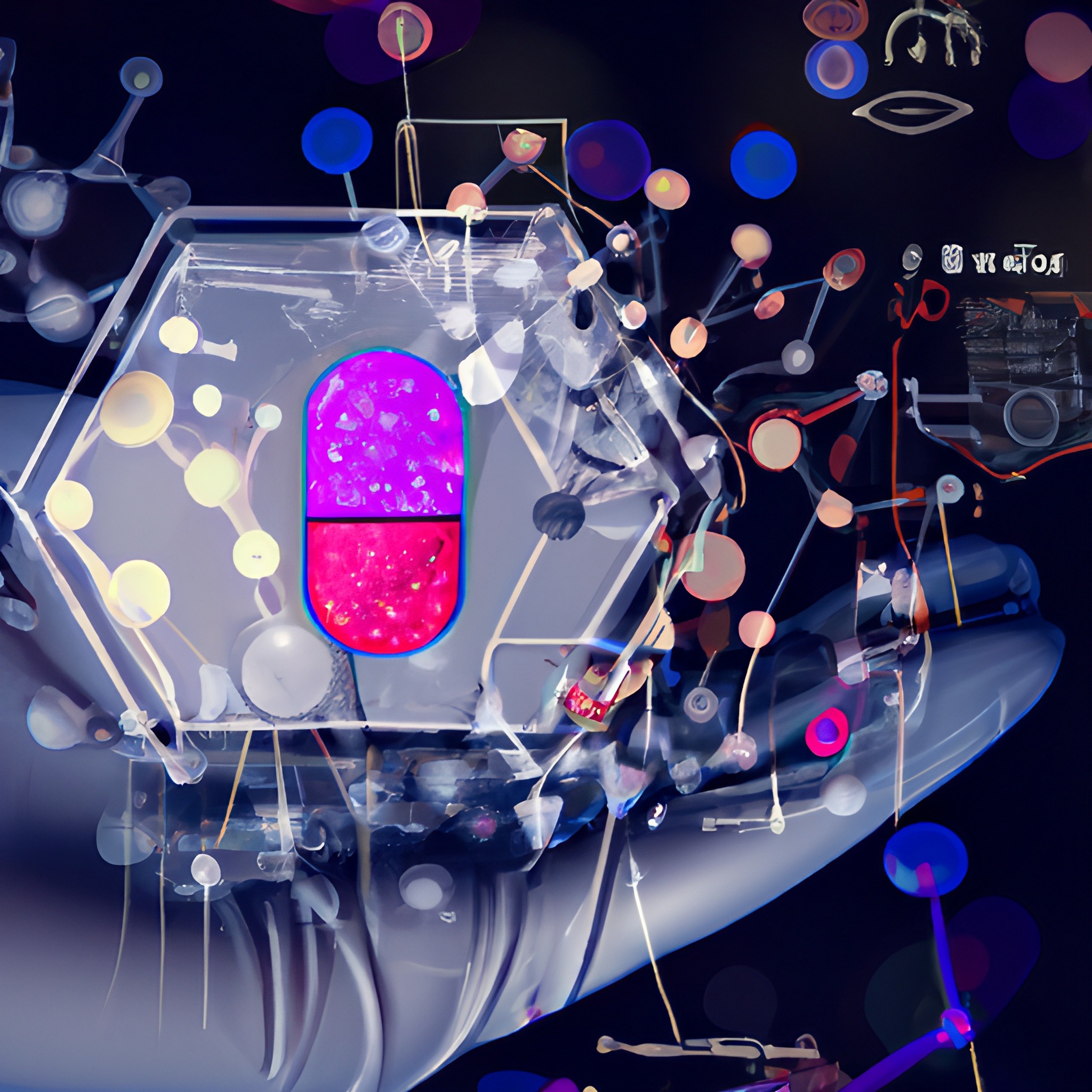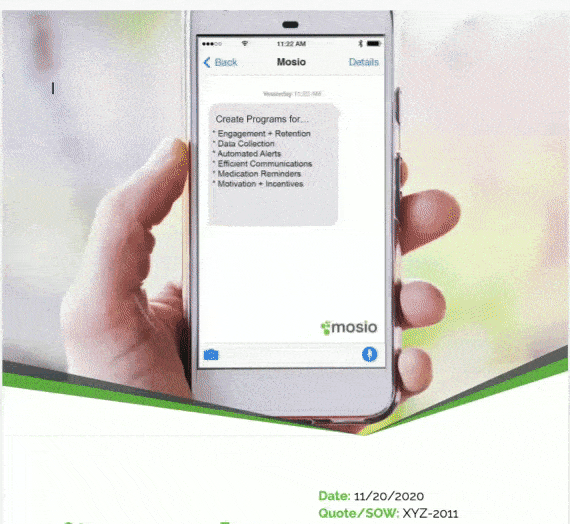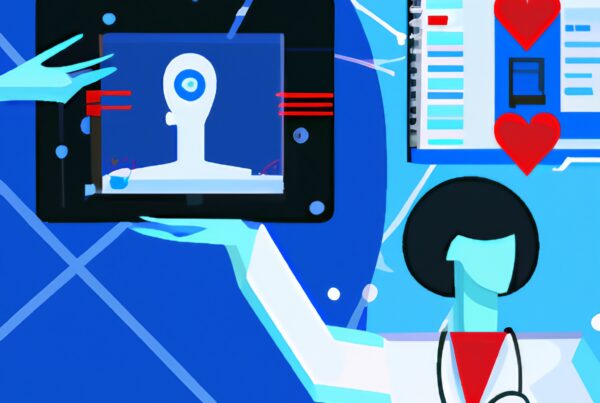As we move into the future of clinical trials, artificial intelligence (AI) is playing a more integral role than ever. AI enables more accurate analyses of data points, faster results that can provide improved accuracy compared to older methods and technology-driven improvements in identifying patterns within large datasets. In this 7 part series, we will explore how AI is revolutionizing the world of clinical research, from virtual trial design to patient recruitment and safety monitoring during trials through to post-marketing assessments for drug development teams. Alongside this information-rich series of blog posts – readers will gain all the necessary knowledge about AI’s impact on clinical trials that they need to be informed decision makers.
Part #1: Revolutionizing Clinical Trials: How AI is Streamlining the Drug Development Process
Part #2: How AI Can Improve Data Collection And Analysis In Clinical Trials
Part #3: The Ethical and Regulatory Considerations Surrounding the Use of AI in Clinical Trials
Part #4: How AI Can Be Used to Improve Patient Recruitment and Retention in Clinical Trials
Part #5: Real-World Examples of AI Being Used to Improve Clinical Trial Design, Management, and Outcomes
Part #6: Potential Future Developments In AI That Could Further Impact The Clinical Trial Industry
How AI Can Help With Drug Discovery, Development, and Personalizing Treatment Options
Artificial Intelligence (AI) is revolutionizing the field of medicine. In particular, AI has proven valuable for drug discovery and development, as well as for personalizing treatment options for individuals. By leveraging AI’s ability to analyze large datasets quickly and accurately, healthcare organizations can gain insights that are not available through traditional methods.
AI’s Role in Drug Discovery & Development
AI can assist with the early stages of drug discovery by aiding in the identification of novel compounds or molecules that could become potential treatments. It can also be used to rapidly identify and evaluate existing drugs or molecules with potential therapeutic applications. For example, machine learning algorithms can be used to search through massive databases of chemical structures to identify novel compounds or molecules that could be utilized for drug discovery. Additionally, AI-driven algorithms can be used to analyze the structure-activity relationship between drugs and their targets, enabling researchers to understand how a given compound interacts with its target molecule at the atomic level.
AI’s Role in Personalized Treatment Options
Recent advances in molecular biology have enabled researchers to investigate individual responses to various treatments on a much larger scale than was previously possible. This data allows us to explore how certain genetic mutations affect an individual’s response to medications or other treatments. By leveraging machine learning algorithms, researchers can analyze large datasets containing genetic information and medical records in order to identify patterns that indicate how certain treatments may affect an individual patient’s health outcomes. This allows medical professionals to develop personalized treatment plans based on an individual’s unique biology and circumstances.
Conclusion
In conclusion, AI has demonstrated its usefulness within the healthcare industry by helping researchers discover new treatments, develop more effective therapies, and provide personalized treatment plans tailored specifically for each individual patient. As technology continues to advance and new breakthroughs are made in both AI and molecular biology, we will continue to see even more ways that these technologies can revolutionize medicine by providing better care for patients around the world. With increasing access to data-driven algorithms powered by artificial intelligence, we are closer than ever before towards providing personalized treatment plans tailored specifically for each patient’s unique needs – ultimately leading us towards a healthier population worldwide!
Communications automation is the future of clinical trials, happening now. Use Mosio mobile messaging software to improve engagement, adherence, and data collection in your clinical trials, available on every mobile device. Get a quote for any current or upcoming studies you have or contact us for a demo.
Note: The titles, content and artwork for the articles in this series were all created by AI.







